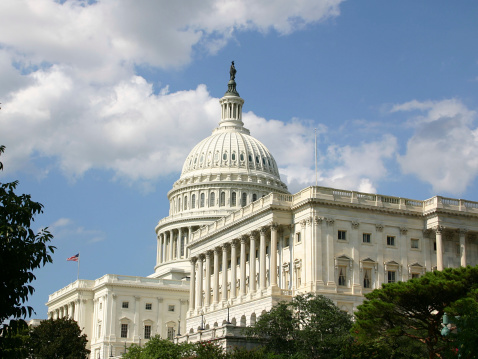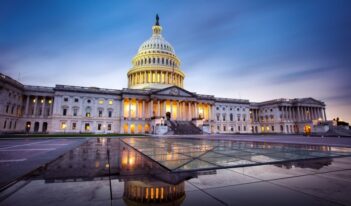
Congressional watchdog declares that proposed regulations are not subject to CRA.
Congress’ watchdog agency recently determined that the Congressional Review Act (CRA) cannot be used to challenge an executive agency’s proposed rules.
The U.S. Government Accountability Office (GAO), an independent, non-partisan agency tasked with reporting to Congress on the state of the government, found that a United States Environmental Protection Agency (EPA) proposal to set environmental performance standards for fossil fuel-burning power plants did not fall under the CRA. According to the GAO, only final rules trigger the CRA requirement that agencies submit major rules to Congress before such rules go into effect.
The CRA was adopted in 1996 as part of the Small Business Regulatory Enforcement Fairness Act. Intended to bolster congressional oversight of agency rulemaking, the CRA established a mechanism for Congress to review regulations before they become effective. It further provided a somewhat expedited procedure where, by a joint resolution of both the House and the Senate, Congress can authorize the disapproval of a new agency rule.
Part of the CRA’s enforcement mechanism requires agencies to submit reports to both Congress and the GAO. If the rule is considered “major,” the GAO will provide Congress with its own report concerning the agency’s compliance with certain rulemaking requirements. Under the statute, a major rule is one likely to result in: an annual economic impact of $100 million or more; a significant increase “in costs or prices for consumers, individual industries, Federal, State, or local government agencies, or geographic regions”; or “significant adverse effects” on economic “competition, employment, investment,” or a number of other factors.
The EPA’s proposed rule related to fossil fuel-burning power plants would aim to limit emissions of carbon dioxide. According to the EPA, power plants and other so-called stationary sources of carbon dioxide represent the single largest source of greenhouse gas production in the United States.
In response to the EPA’s proposal, some members of Congress asked the GAO to determine what role, if any, it had with respect to proposed rules. The GAO stated that its “role under CRA is to receive the rules submitted by executive branch agencies, and to provide a report to Congress on each major rule.” Further, “[t]he reporting requirement is triggered by an agency’s submission of a final rule to GAO…[and] proposed rules are not rules for CRA purposes.”
Although the GAO opinion makes clear that the GAO itself will have no role in congressional oversight of proposed rules under the CRA, the GAO pointed out that Congress still has authority under its general legislative powers to impact agency proposals at the rulemaking stage.
Congress can act to withdraw or delay any agency authority to finalize a proposed rule – and it can, of course, amend the CRA, too.



